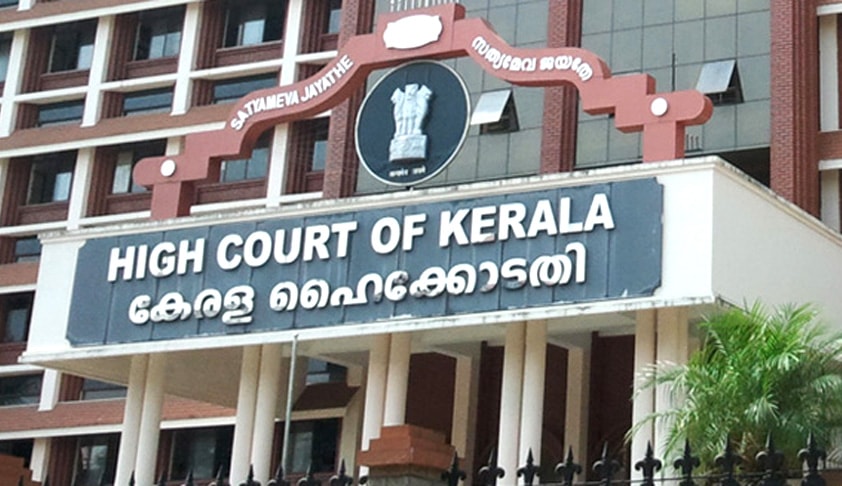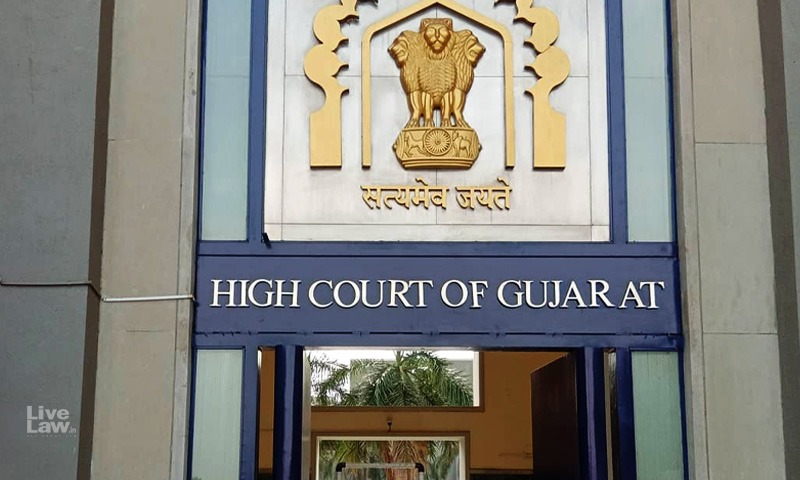@JUDGMENTTAG-ORDER
Mungeshwar Sahoo, J.@mdashI have heard the learned counsel, Mr. Jitendra Kishore Verma on behalf of the respondent and the learned senior counsel, Mr. Sukumar Sinha on behalf of the appellant on I.A. No. 4407 of 2011 filed by the plaintiff-respondent under Order 39, Rule 1 of the Code of Civil Procedure. The defendant no. 6, appellant has filed this First Appeal against the judgment and decree dated 28.8.1998 passed by Sri Awadhesh Kumar Verma, 1st Additional District Judge, Madhubani in title suit no. 8 of 1997 whereby the plaintiff-respondent''s suit for grant of letters of administration over the suit property has been decreed.
2. The plaintiff-respondent filed the aforesaid injunction application stating that the appellant has transferred some of the lands of Sri 108 Ramjanki Ji, Sri Lakshman Ji, Sri Hanuman Lala Ji and Sri Ganesh Ji installed in the temple and is further contemplating to sell the subject matter and in fact, has presented the sale deed for registration and, therefore, the injunction application has been filed with a prayer to restrain the appellant from alienating, transferring, dealing with or in any manner encumbering or interfering with or damaging the suit property till disposal of this appeal.
3. The learned counsel for the respondent no. 1 submitted that the owner of the land namely Sri Deo Narayan Nayak executed and registered a Will dated 27.2.1989 in favour of the deities installed in the temple. Prior to the said execution of Will on 19.11.1984, the said Sri Deo Narayan Nayak dedicated some of his property in the name of deities by a Samarpannama and he himself was Shivayat and later on, he executed the Will. Sri Deo Narayan Nayak died issueless and the Will was the last Will. The appellant contested the case and, therefore, the probate case was registered as title suit and, thereafter, the case was decided. The appellant filed written statement claiming that he inherited the property of Sri Deo Narayan Nayak as he was "Kritrim Putra" of Deo Narayan Nayak and on the basis of that, he had filed succession certificate case although succession case for immovable property is not maintainable. The learned Court below decided succession case no. 27 of 1989 along with this probate case and by the common judgment decreed the probate case and dismissed the succession case. Against the judgment and award, the appellant filed two First Appeals but during the pendency of the appeal, he is transferring at random the lands for which the respondent no. 1 has been granted letters of administration. The transfer has been admitted by the appellant and, therefore, he is liable to be restrained during the pendency of the appeal.
4. On the other hand, the learned senior counsel, Mr. Sukumar Sinha appearing on behalf of the appellant submitted that in probate case, no injunction can be granted because there is no dispute between the parties regarding the corporeal right to property in the probate case. The learned counsel relied upon a decision reported in Patna Lower (sic--Law?) Reporter 1998 Patna 21 (Chandrika Pandey vs. Ghanshyam Pandey) and submitted that it cannot be said that any property is involved in the probate case, hence, interim injunction cannot be granted. A counter-affidavit has also been filed agitating the claim made in the probate case and succession case.
5. Admittedly, the appellant filed succession case no. 27 of 1989 claiming inheritance of the suit property on the basis that he was adopted as "Kritrim Putra" by Sri Deo Narayan Nayak in the year 1952. The respondent i.e. the deities filed probate case. After considering the claims of the parties by the impugned judgment and decree, the succession case of the appellant has been dismissed disbelieving his case of "Kritrim Putra". The learned Court below also allowed the probate case and granted letters of administration with respect to the properties involved in Will. It also appears that prior to execution of Will i.e. in the year 1984, some properties were given to the deities by Samarpannama.
6. From perusal of the decision cited by the learned counsel for the appellant, it appears that in that case, this Court relied upon two decisions i.e. one of Nagpur High Court and the other of Madras High Court and held that in a suit for declaratory in nature, there is no involvement of property in question and, therefore, no question of granting injunction arises. In probate case, only genuineness or otherwise of a Will is adjudicated and not the concerning title. In addition to the said finding, the Court also decided on merit that the properties were sold for the purpose of marriage of the daughter of the respondent. A partition suit was also pending between the parties being partition suit no. 35 of 1987. It further appears that in that case, the probate proceeding was terminated in favour of the respondent and the respondents were transferring the land. Therefore, the fact of that case is distinguishable. In the present case, the appellant is transferring the land. In a decision reported in
We do not think in the facts and circumstances of this case, the lower appellate Court and the High Court were justified in permitting the respondent to change the nature of property by putting up construction as also by permitting the alienation of the property, whatever may be the condition on which the same is done. In the event of the appellant''s claim being found baseless ultimately, it is always open to the respondent to claim damages, or, in an appropriate case, the Court may itself award damages for the loss suffered, if any, in this regard. Since the facts of this case do not make out any extraordinary ground for permitting the respondent to put up construction and alienate the same, we think both the Courts below, namely, the lower appellate Court and the High Court erred in making the impugned orders. The said orders are set aside and the order of the trial Court is restored.
7. In
8. A Division Bench of the Calcutta High Court in the case of
The powers of a Probate Court for the protection of the property which is the subject matter of the probate proceedings are regulated by Ss. 247 and 269, Succession Act but apart from those provisions the powers of that Court are wide enough to issue temporary injunctions restraining other persons from interfering with the properties which are the subject matter of testamentary disposition. AIR (2) 1915 Cal. 565, Foll.
It is open to the probate court not only to appoint an administrator pendente lite, but also to issue an order of injunction, temporary in character, pending the appointment of an administrator pendente lite. If such powers are exercised in probate cases by a probate court, there is no reasonable chance of any property being dissipated, pending the actual grant of a probate or the appointment of an administrator.
This decision of the Division Bench of Calcutta High Court is complete necessary to the submissions of the learned counsel for the appellant.
9. In
Section 151 itself says that nothing in the Code shall be deemed to limit or otherwise affect the inherent power of the Court to make orders necessary for the ends of justice. In the face of such a clear statement, it is not possible to hold that the provisions of the Code control the inherent power by limiting it or otherwise affecting it. The inherent power has not been conferred upon the Court; it is a power inherent in the Court by virtue of its duty to do justice between the parties before it. Further, when the Code itself recognizes the existence of the inherent power of the Court, there is no question of implying any powers outside the limits of the Code.
Thus, there being no such expression in S. 94 which expressly prohibits the issue of a temporary injunction in circumstances not covered by Order 39 or by any rules made under the Code, the Courts have inherent jurisdiction to issue temporary injunctions in circumstances which are not covered by the provisions of Order 39, C.P.C., if the Court is of opinion that the interests of justice require the issue of such interim injunction.
10. In
law is well settled that if a lis has been admitted for adjudication, then it becomes the duty of the Court to preserve the subject matter of the litigation by an appropriate order so that the same is available at the time of final adjudication and the decree does not become a barren one.
In view of the above discussion, I find that this is a fit case where the appellant is required to be injuncted from alienating, transferring or dealing with in any manner or damaging the subject matter of the probate proceeding during the pendency of this appeal. I, therefore, in exercise of power u/s. 151 C.P.C. restrained the appellant from alienating, transferring or encumbering or damaging the suit property till the disposal of the appeal. The injunction application is thus allowed and the injunction as prayed for is granted in favour of the deities, respondent no. 1.

